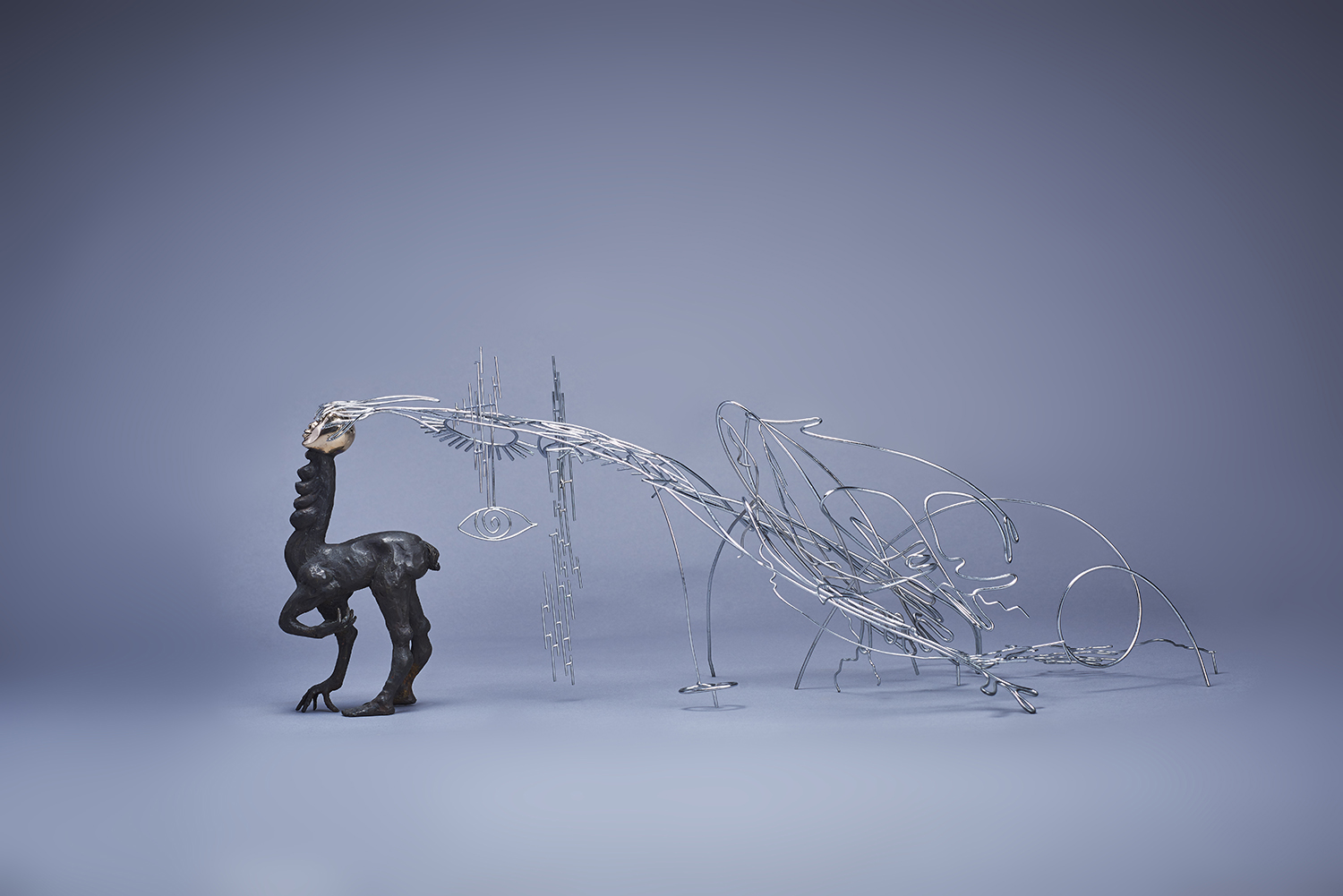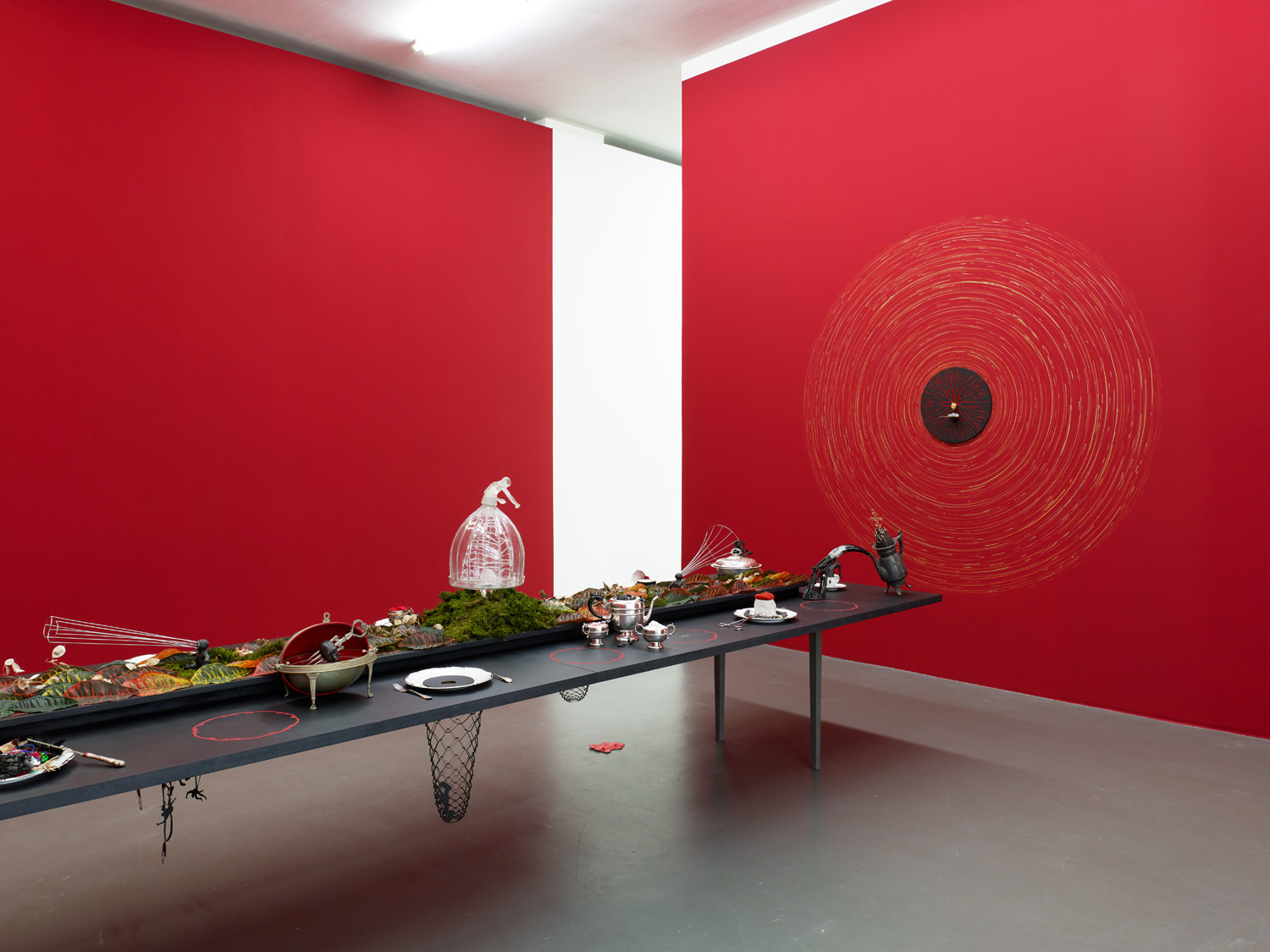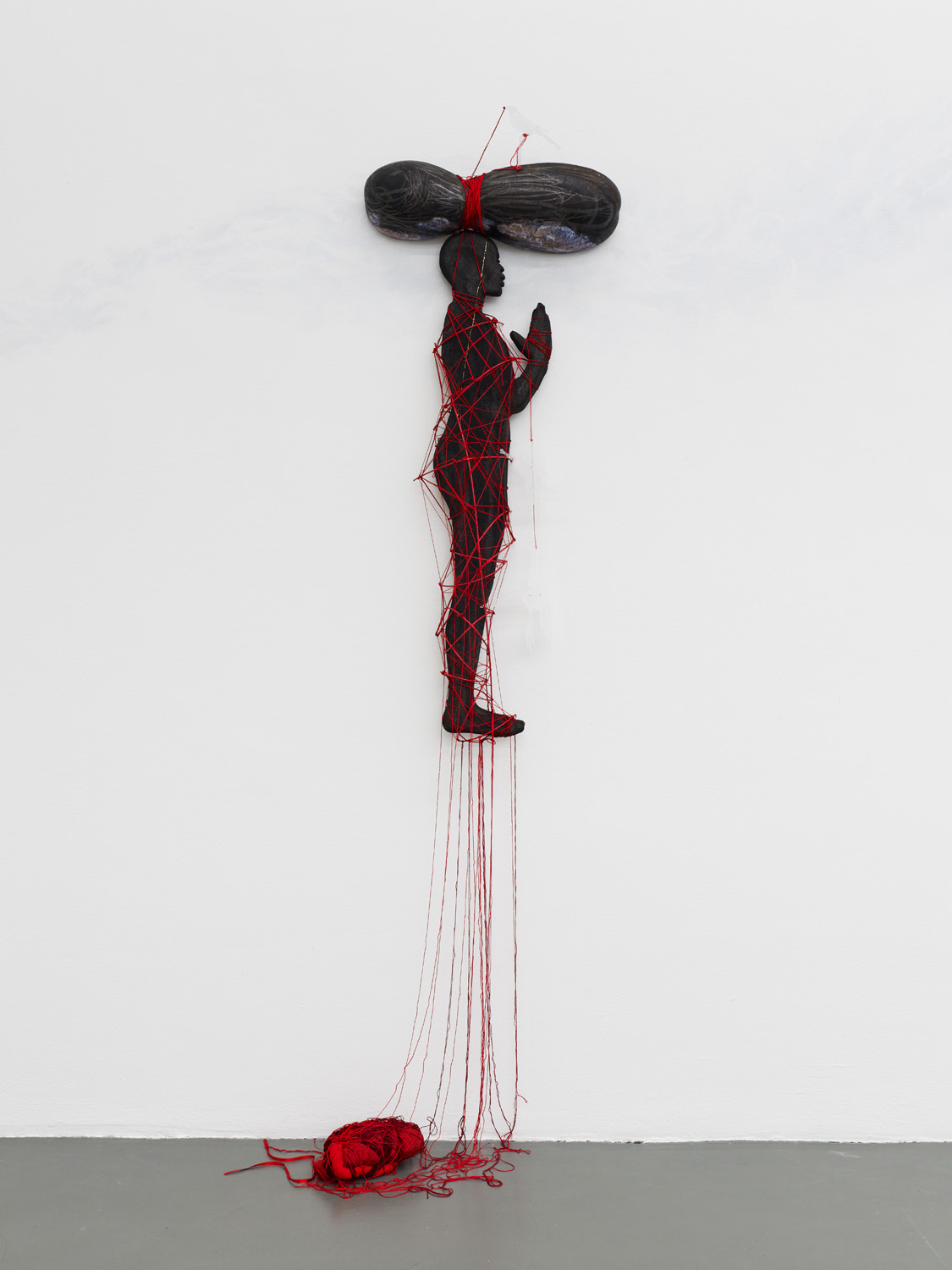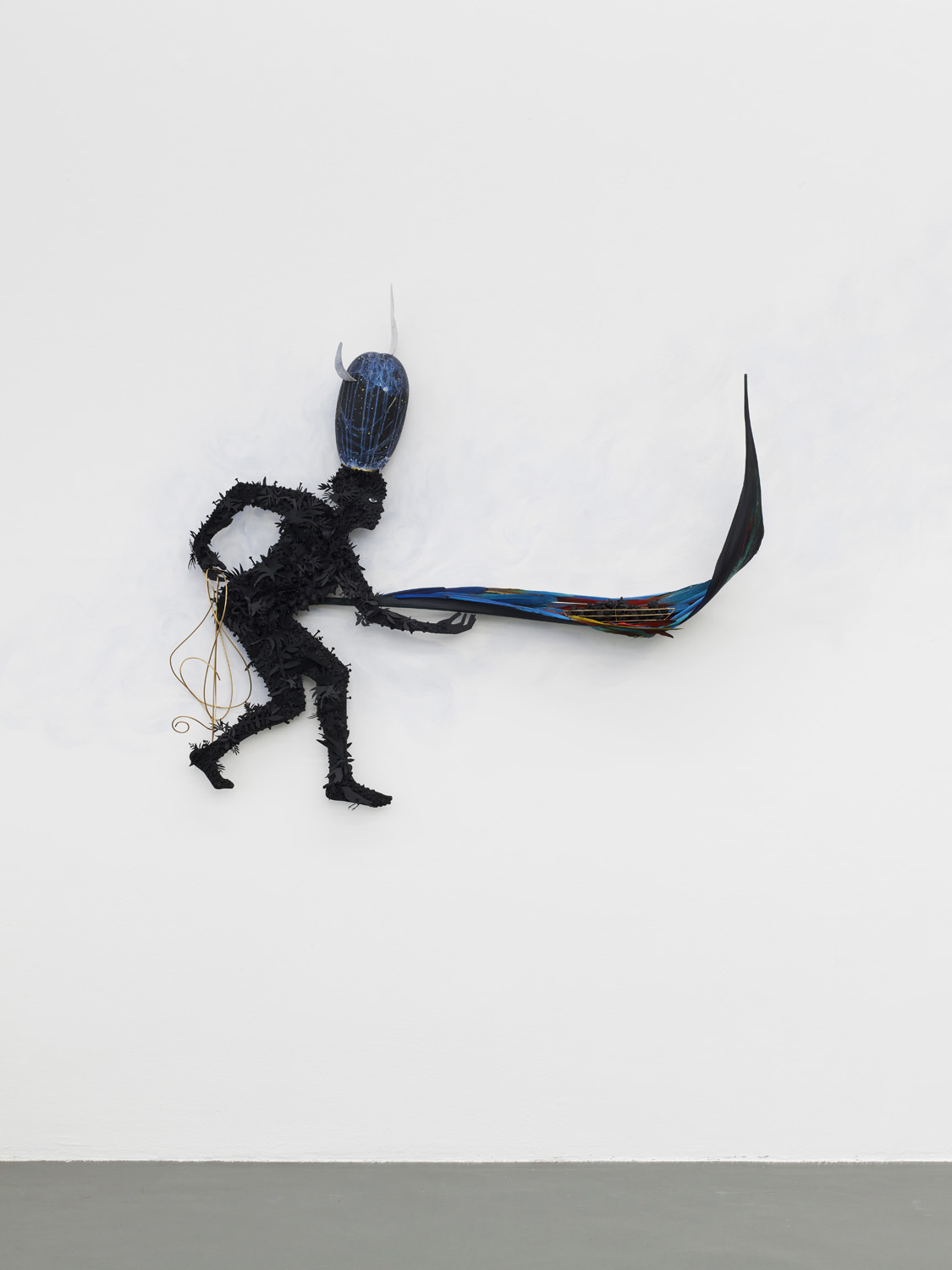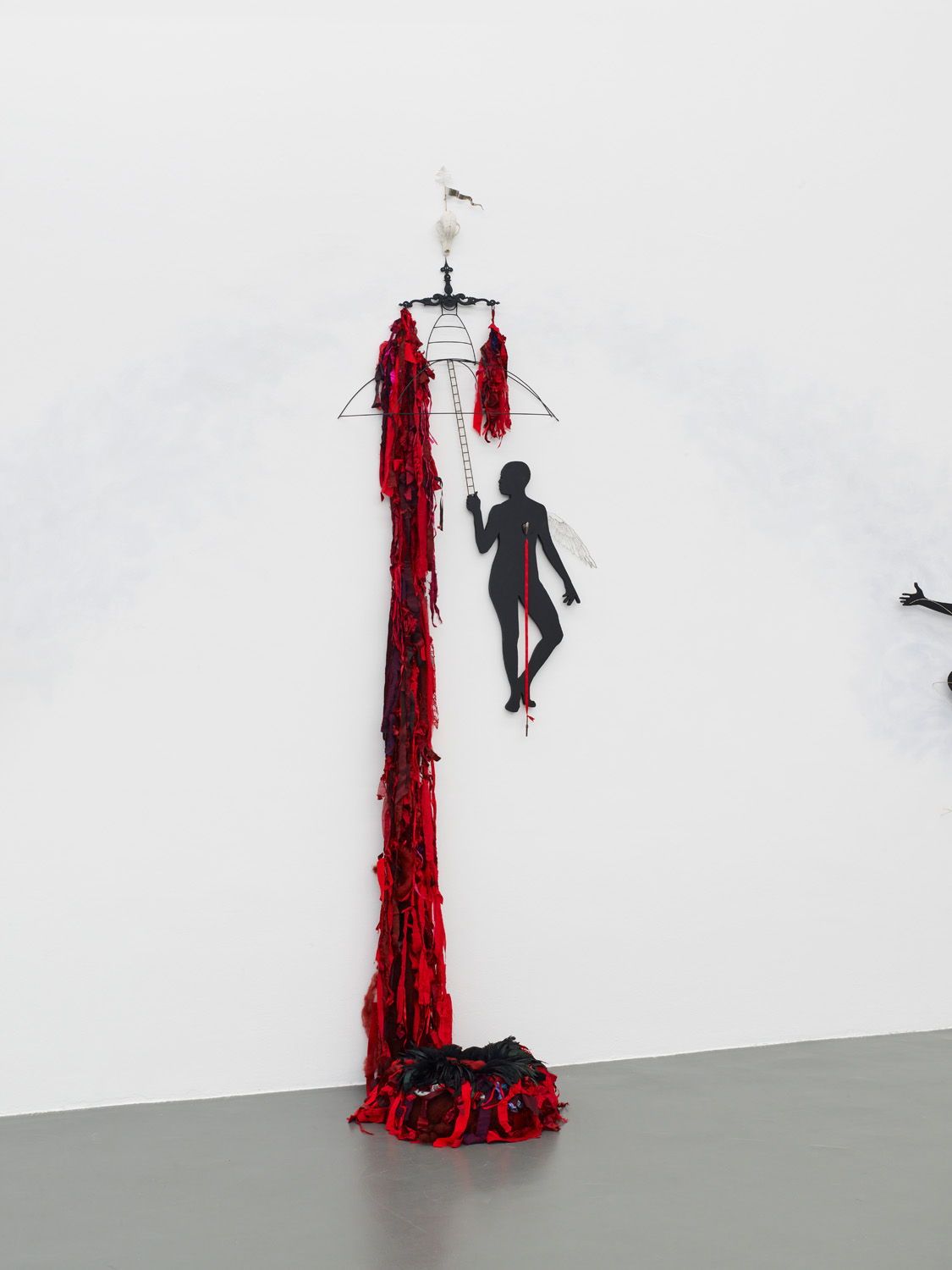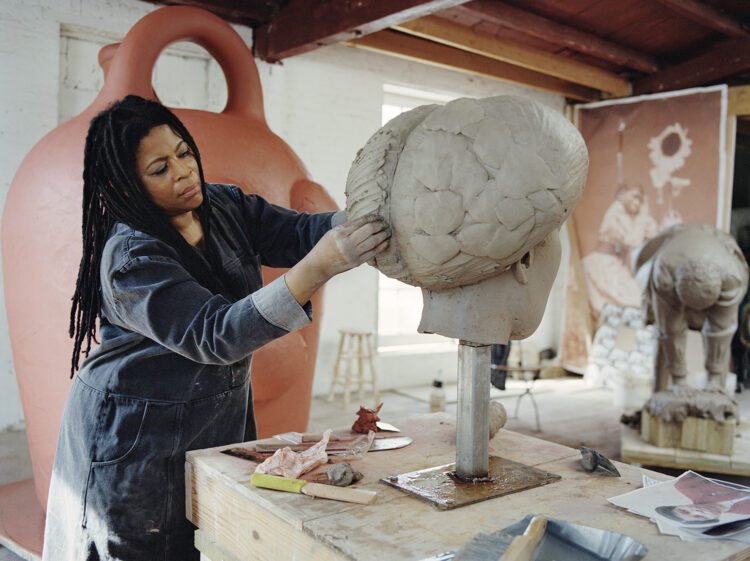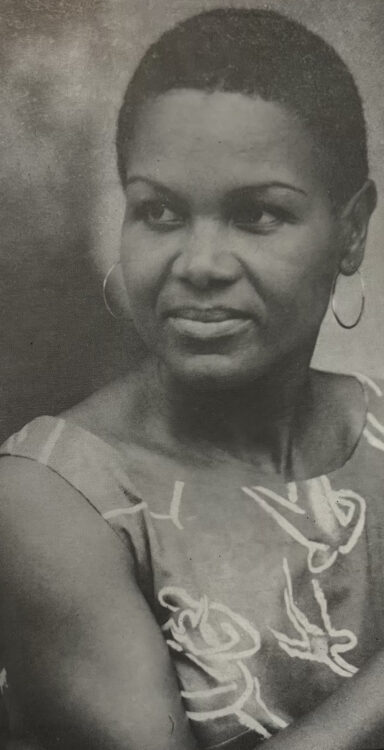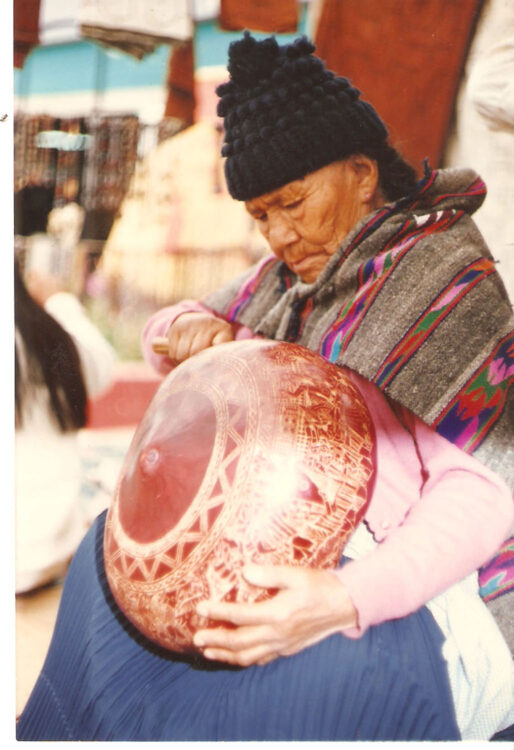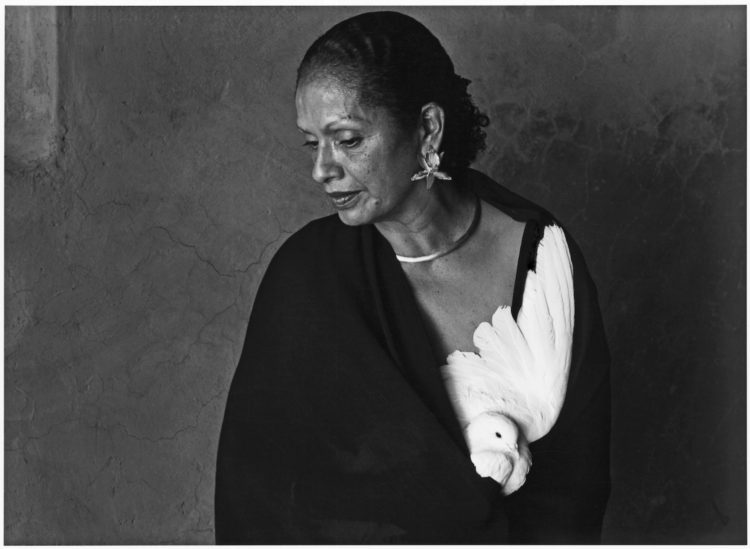Jasmine Thomas-Girvan
Mendes-Franco, Janine, “Artist Jasmine Thomas-Girvan Taps into the ‘Eternal Connections’ of Black Caribbean Ancestry”, Globalvoices, November 30, 2021
→Bishop, Jacqueline, “Jasmine Thomas-Girvan Utilizes the Subject of Loss to Right the Wrongs of the Past and the Present”, Huffington Post, January 17, 2017
Jamaican sculptor.
For sculptor Jasmine Thomas-Girvan, her formative years spent in her parent’s home – a tree-filled oasis that belied its urban St Andrew location – fuelled a fascination with flora and fauna and the dualities of meaning that is evident in her work throughout her career. Trained in jewellery and textile design, she graduated from the Parsons School of Design in New York with a BFA degree in 1984. Since the early 2000s, her work has evolved from small, mostly wearable objects to large-scale installations that sometimes include multimedia elements.
Referencing ancestral memories, African cosmologies, postcolonial regional politics, race relations in the Caribbean and Latin America and deeply personal, sometimes tragic life experiences, she also draws inspiration from literature; particularly the poetry of Octavio Paz and Olive Senior.
The materiality of her work is critical in connecting these multifaceted thematics. Incorporating paper, wood, bronze and most recently blown and cast glass; she seamlessly combines them with found everyday objects amassed over a lifetime of collecting such as palm fronds, feathers and shells. The specificity of these found objects grounds them in the Caribbean landscape and imaginary. They evince the region’s histories and contested colonial past but also speak to the universal themes of transformation and the construction of identity.
In J. Thomas-Girvan’s The Turntable Series (2018), music is centred as the focal point of several inextricably linked concerns. At its core, it functions as a salve and a form of resistance against the horrors of enslavement. In Cosmic Whispers – HMV (His Master’s Voice) (2018) a myriad of elements including bicycle wheels, Macaw feathers, vintage silverware and a bronze stylus in the shape of a hand creates a fantastically surreal gramophone. Referencing the RCA gramophone logo depicting a dog enthralled by the recording of his deceased master’s voice, it interrogates the term “Master” as it relates to people of African descent in religion, postcolonial contexts and the music industry. The work amplifies the presence of the slave master’s spectre in the postcolonial contexts in which it was created. The work also questions the ways in which a populace’s adherence to the Christian God and master has been manipulated to maintain and reinforce colonial race relations. It also looks at how ownership of the “master tape” by record producers has often led to the disenfranchisement of musicians who have created the music.
J. Thomas-Girvan received the Tiffany Award for Excellence while studying at Parsons, the Commonwealth Foundation Arts Award in 1996, the Institute of Jamaica’s Silver Musgrave for outstanding contribution in the field of Art in 2014 and is the only artist to receive the Aaron Matalon Award for most outstanding contribution to the National Gallery of Jamaica’s Biennial exhibition twice in 2012 and 2017.
A biography produced as part of “The Origin of Others. Rewriting Art History in the Americas, 19th Century – Today” research programme, in partnership with the Clark Art Institute.
© Archives of Women Artists, Research and Exhibitions, 2022



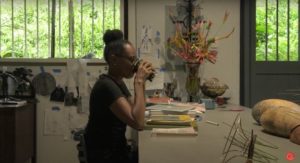 Jasmine Thomas-Girvan: Bathed in Sacred Fire | Kunstinstituut Melly, 2022
Jasmine Thomas-Girvan: Bathed in Sacred Fire | Kunstinstituut Melly, 2022 